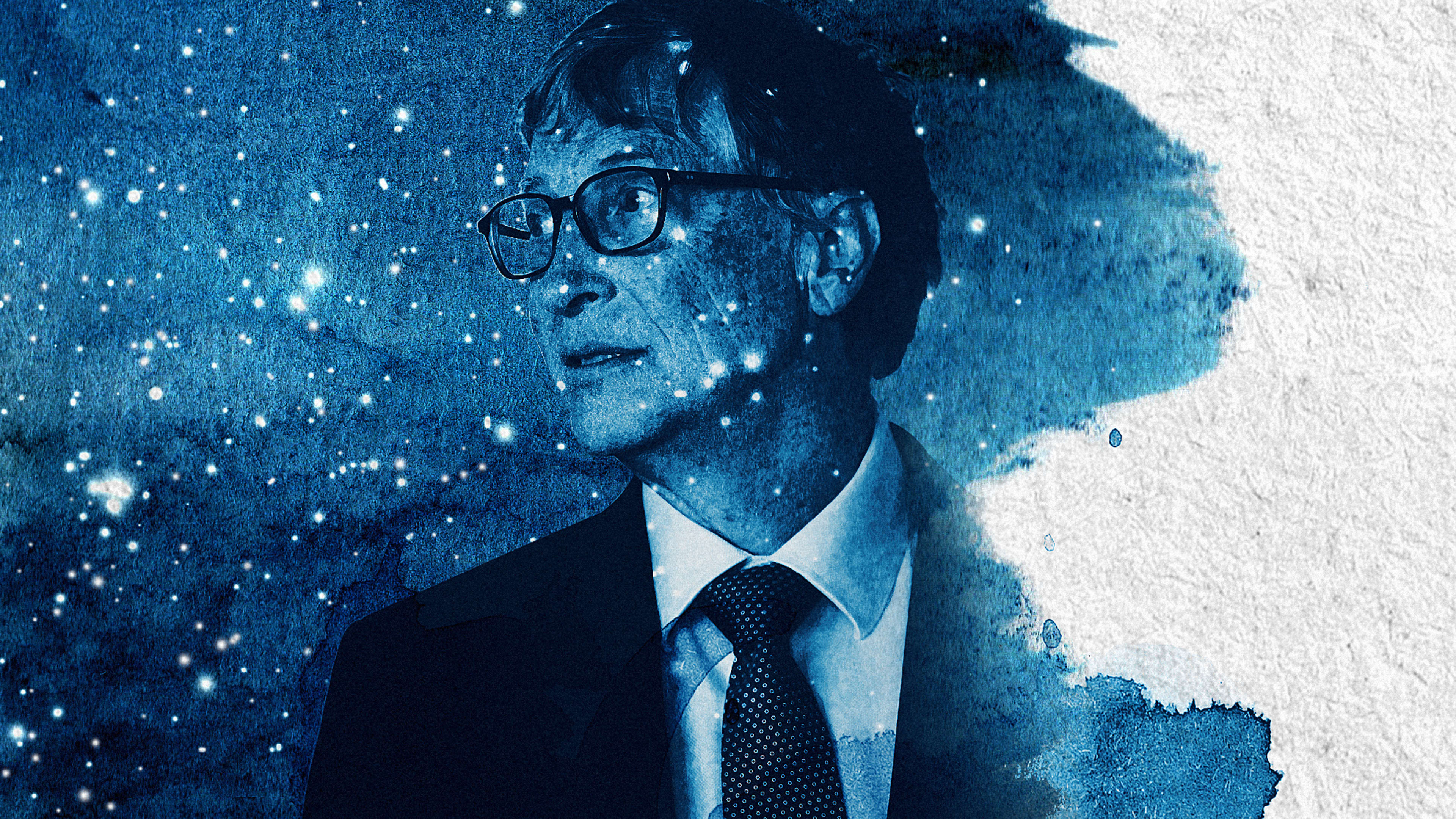With money put up by Bill Gates, Leonard Lauder, the Dolby family, and the Charles and Helen Schwab Foundation, a new $30 million venture fund addresses an obvious need in the fight against Alzheimer’s: “It’s a bit of a chicken and egg problem. It’s hard to come up with a game-changing new drug without a cheaper and less invasive way to diagnose patients earlier,” writes Gates on his GatesNotes blog.
Equally important, though, is the fact that the coalition of donors has developed a perpetually beneficial way to dole it out: The money is earmarked for a new fund called the Diagnostic Accelerator that will be run through a partnership with the Alzheimer’s Drug Discovery Foundation, which Lauder co-founded.
The Diagnostic Accelerator will operate according to what’s called a venture-philanthropy model: The goal is to develop more tools that are commercially marketable (and also widely accessible). Innovators ranging from biotech companies to universities and other nonprofits are invited to apply for funding, with the classic business world caveat that these early investors will also be taking a share of the profits from any successes. That money will then be rolled back into the fund to incentivize further advancements.
The Gates announcement doesn’t explain the exact terms of each deal but is pretty clear about why he favors it. “Investments from governments or charitable organizations are fantastic at generating new ideas and cutting-edge research–but they’re not always great at creating usable products since no one stands to make a profit at the end of the day,” he says.
Because Diagnostic Accelerator investors aren’t technically profiting from each advancement, they’ll be weighing the life-changing impact of a potential idea more than the money-making potential of incremental ones.
Like many people who become philanthropically active, Gates has a personal connection to the cause. In November 2017, he admitted that he has a family history of Alzheimer’s and committed $50 million to start the Dementia Discovery Fund toward finding new ways to expediting disease diagnosis, understanding, treatments, and eventual cures. This investment is separate from that.
Of course, for the there’s plenty of rational reasons to spend now, heavily. Alzheimer’s affects one in nine people over the age of 65, and the rate of diagnosis in America is expected to triple by 2050, alongside increasing rates worldwide, especially in places where people are starting to live longer.
Recognize your brand’s excellence by applying to this year’s Brands That Matter Awards before the early-rate deadline, May 3.
